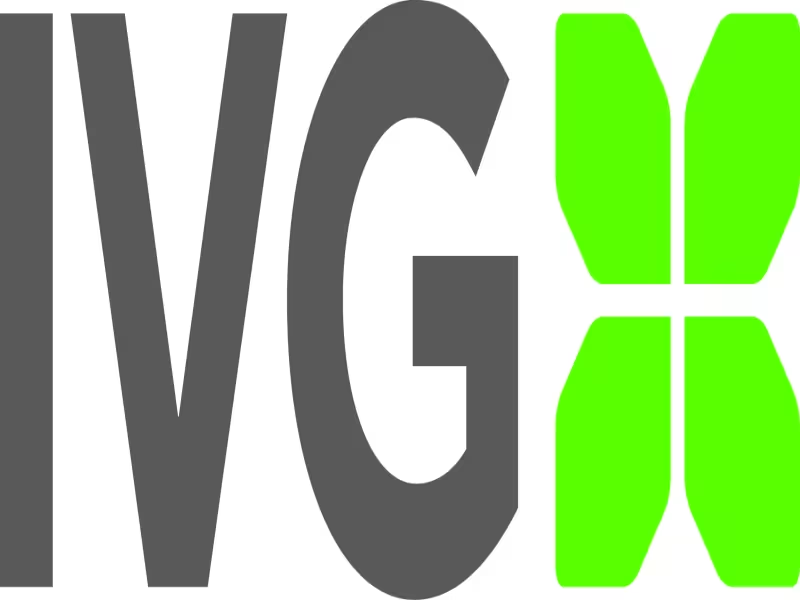
SHERIDAN, WYOMING – Feb. 28, 2025 – The German industry association Garten (IVG) is warning about the possible consequences of the planned EU directive to empower consumers for organic gardening. According to the association, organic fertilizers could soon disappear from the shelves if the new directive is implemented as planned.
What is the Empowering Consumers Directive?
The planned Empowering Consumers Directive (EmpCo-RL) aims to combat greenwashing and make product labeling clearer and more trustworthy for consumers. A central point of the directive is the ban on general environmental claims such as "environmentally friendly", "natural", "biodegradable", "climate neutral" or "ecological".
IVG's Concerns
The IVG fears that the new regulations of the EmpCo-RL go too far and could have unintended negative consequences for the market for organic fertilizers. "Consumers will hardly be able to distinguish organic fertilizers from mineral-synthetic fertilizers without expert knowledge," explains Robert Scheuß, horticulture consultant at IVG.
A central problem for the IVG is that fertilizers whose raw materials are suitable for organic farming according to the EU Organic Regulation may no longer be advertised with the labels "Bio" or "Öko" in the future. This is due to the lack of corresponding certification bodies and defined criteria.
Distortion of Competition and Price Pressure
The IVG fears that the new regulations will lead to distortions of competition and weaken the market for organic fertilizers. "Since development and raw material-related price differences between the synthetic and the organic product can only be explained in the product description due to the lack of corresponding organic labeling, the price will be the main purchase-deciding factor in the future," says Scheuß.
This could lead to companies no longer having any incentive to manufacture organic products, as these could become "shelf warmers" due to the price. "This cannot be what the EU and national legislators want," emphasizes Scheuß.
IVG's Demands
The IVG therefore demands that products whose raw materials comply with the EU Organic Regulation may continue to be advertised as "Bio" or "Öko" - i.e. with general environmental claims without additional difficulties and legal uncertainties.
In the spirit of the Federal Sustainability and Organic Strategy 2030 and the farm-to-fork approach to reduce the use of synthetic fertilizers in particular by 20 percent by 2030, the IVG believes it is essential to maintain the existing market for products labeled as "Bio" or "Öko" whose raw materials are approved for organic farming, and to support companies in product developments in this regard.
For more information visit.